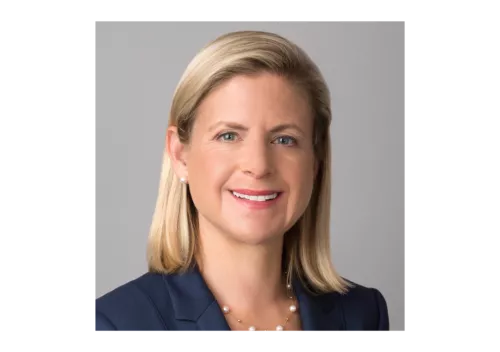Chesapeake Utilities wins award for Best Governance Team of the Year (Small to Mid-Cap)
Chesapeake Utilities won the award for Corporate Governance Team of the Year (Small to Mid-Cap) for its handling of multiple challenges: a stock split, a massive records retention project and adoption of technology for electronic dissemination of the firm’s code of conduct.
With its acquisition of Florida Public Utilities in 2009, Chesapeake’s size increased substantially. That and the company’s own organic growth have resulted in changes to its internal processes, including the corporate governance function, says Stacie Roberts, Chesapeake’s director of corporate governance. Her office works closely with the treasury, accounting, financial reporting, human resources and other departments with a team spirit, dividing up the work to get the job done. She calls it ‘an amazing dynamic’.
Chesapeake’s market cap has expanded seven-fold from $95 million in 1999 to $654 million now – which CEO Michael McMasters attributes to the employees in the latest annual report – but it maintains a small-company culture, in the best sense of the phrase. ‘We’re really a company that operates like a family,’ Roberts says. ‘We all jump in and help each other. We have a lot of pride and integrity. If someone calls and needs something, you drop what you’re doing and help. That’s been the culture since I joined Chesapeake, which I think is admirable.’
Among the governance team’s major recent accomplishments is the redesign of the board portal to enhance the user experience and give board members access to additional resources. In August 2013 Roberts provided management and the audit committee with an electronic platform to evaluate the company’s independent external auditor via QDiligence. Last year she adapted the same platform to electronically deliver the firm’s business code of ethics and conduct to employees.
Improvements to Chesapeake’s proxy statement include a ‘call-out’ section that goes into uncommon detail to explicitly link boardroom activities to the business. The company’s proxy details strategic accomplishments for 2013 and presents financial results and summaries of significant projects that each board committee undertook in the prior year.
As part of Chesapeake’s stock split, the corporate secretary’s office was responsible for ensuring compliance with the company’s governing documents, assembling board-related materials, overseeing the company’s internal schedule and participating in discussions with the transfer agent. The records retention project required Roberts to work closely with various departments and the legal counsel to ensure the quality and integrity of the project.
‘The bigger challenge to my mind is deciding what electronic system should be used to house these records and how it should be maintained so we don’t continuously outgrow it,’ she says.








